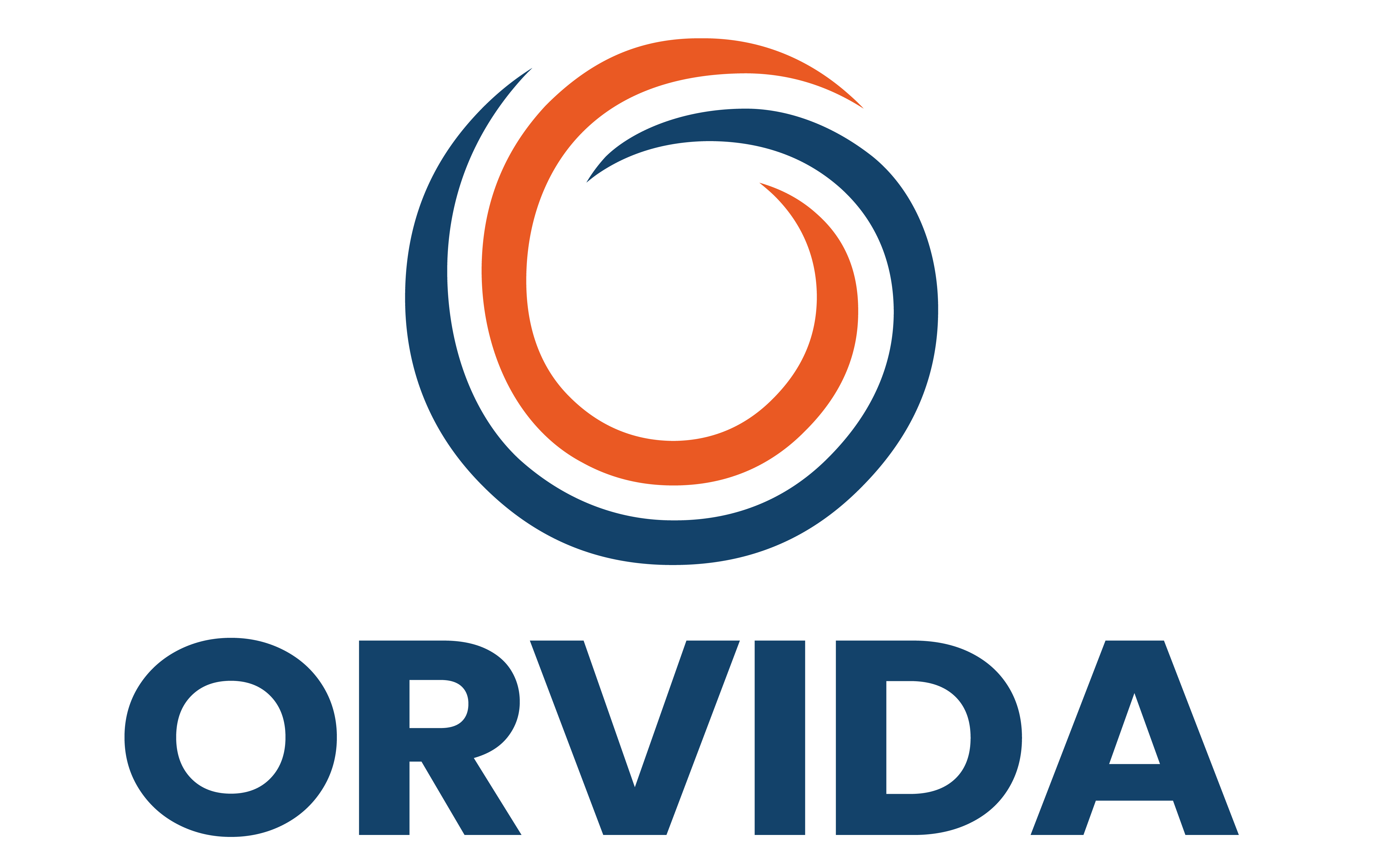Introduction
Delaware Statutory Trusts (DSTs) have gained significant traction among real estate investors, particularly for those utilizing 1031 exchanges. These trusts offer a pathway to passive ownership of substantial real estate assets. However, to comply with IRS regulations and retain their tax-advantaged status, DSTs must operate within a strict framework known as the “seven deadly sins.” These guidelines are designed to reinforce the passive investment nature of DSTs and protect their compliance with regulatory standards.
Prohibition on Additional Capital Contributions
Once a DST closes its offering, it is prohibited from accepting further investments, whether from existing or new investors. This rule ensures that ownership percentages for all beneficiaries remain unchanged and that dilution does not occur.
Restriction on Renegotiating Existing Debt
DST trustees are generally not allowed to renegotiate or refinance loans unless the loan is in default or at imminent risk of default. This restriction ensures consistency in the trust’s debt obligations and aligns with the terms set forth at its inception.
Limitation on Renegotiating Leases
Trustees are restricted from renegotiating or entering new leases except in cases where a tenant is facing bankruptcy or insolvency. This policy safeguards the trust’s income stability and preserves its passive operational structure.
Constraints on Capital Expenditures
Capital expenditures within a DST are restricted to routine repairs, maintenance, minor non-structural improvements, or those legally mandated. This constraint is intended to maintain the existing character and operational framework of the property.
Requirement for Regular Distribution of Cash
DSTs are required to distribute excess cash to investors on a consistent basis, apart from reserves necessary for operations. This policy ensures beneficiaries receive regular returns and discourages the accumulation of excessive cash reserves within the trust.
Prohibition on Reinvesting Proceeds
Any proceeds from the sale of a DST property must be distributed to investors rather than reinvested by the trust. This approach allows beneficiaries to decide how to allocate their funds, including the option to pursue another 1031 exchange.
Limitation on Holding Reserves
Cash reserves held by the DST must be invested in highly liquid, short-term instruments. This ensures that the funds are readily available to cover operational expenses or distribute to beneficiaries when necessary.
Conclusion
Investors looking to include DSTs as part of their 1031 exchange strategy must understand and adhere to these seven restrictions. While these limitations help maintain the passive nature of DST investments and ensure regulatory compliance, they also require careful planning to optimize outcomes.
Call to Action
Orvida Investment Advisors, LLC, specializes in crafting comprehensive 1031 exchange plans tailored to your unique investment goals, to ensure that you navigate the complexities of DSTs and 1031 exchanges with confidence and precision. Contact Orvida Investment Advisors today to discuss optimizing your investment portfolio through strategic 1031 exchange planning.


